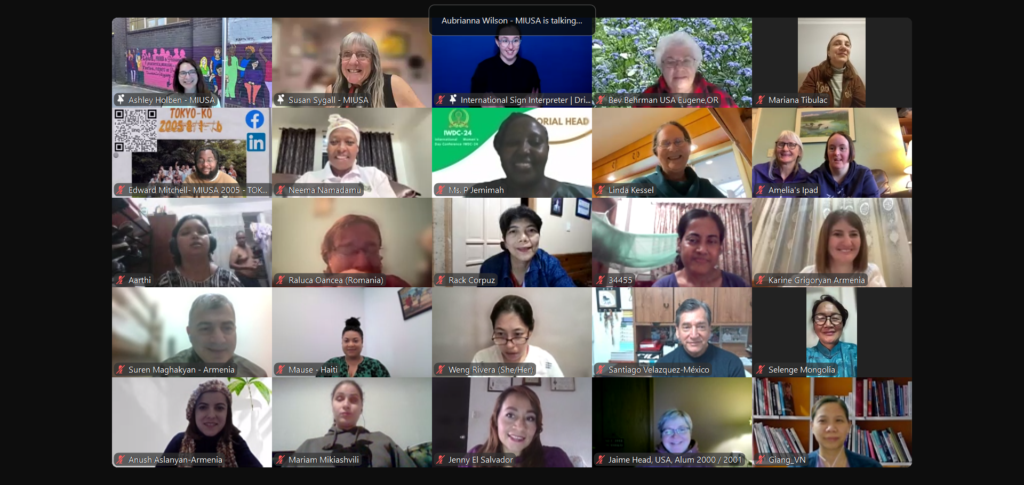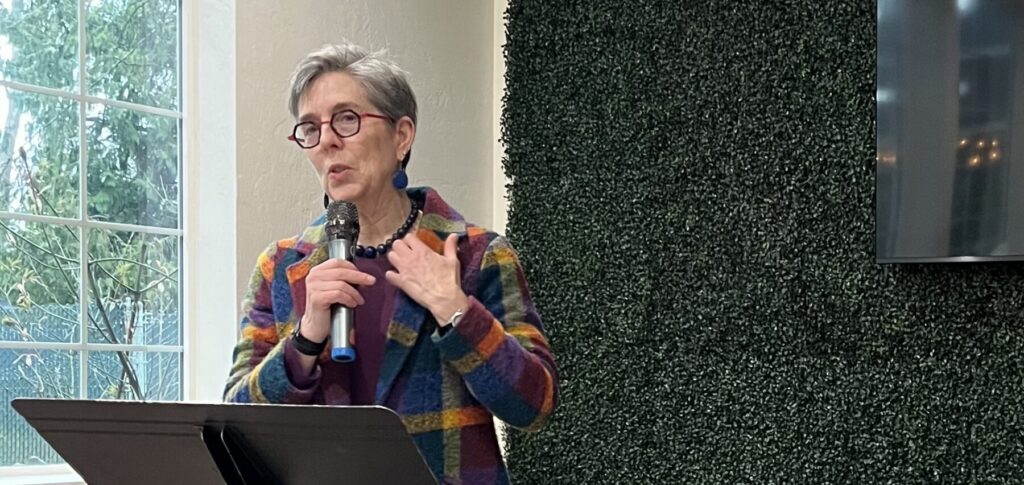During the National Clearinghouse on Disability and Exchange’s recent #BlindAbroad campaign, I came across one of the biggest math problems for international students who are blind that are interested in studying in the U.S.
Did you know that many blind international students from certain world regions never had access to math learning beyond primary school because their teachers did not have the tools such as alternative teaching methods, assistive technology, and/or tactile graphics? The immediate solution for the schools was simple: don’t teach math to blind students.
Having limited access to math learning is a result of a failed system that is not designed for inclusivity.
The long-term impact of this issue for students includes limited access to colleges and fields of study and professions, especially STEM fields. It presents challenges with applying for scholarships or admission requirements for the U.S. universities that often require taking standardized tests that include math sections.
Blind students, such as those in the United States, when taught math effectively and given techniques they need to access it, can excel at math in the same way as their sighted peers.
How, then, can we level the playing field for international blind students who did not receive early math learning opportunities and tools?
We can offer scholarships open to all students, looking beyond their societal barriers, like one organization did for a blind woman from Palestine. She was not required to complete the quantitative section of the GRE exam, as she was in all other ways a very qualified applicant for this scholarship. They saw her passion and potential to make use of the U.S. graduate degree in public policy.
Consider if the standardized tests, such as the ACT, SAT, and GRE, is just an administrative requirement and the score not evaluated for selection purposes, and thus exceptions can be made. Or follow the lead of hundreds of programs in the U.S. that do not require these types of exams as an eligibility requirement for any applicant.
Those who support or sponsor international students can also provide math training in the United States for blind students who need it to learn Nemeth braille and the skills they missed, so they don’t miss future opportunities. Creating partnerships with U.S. centers and schools for blind individuals can set up ongoing support for the students once they are accepted to academic programs in the U.S.
Thousands of international students arrive every summer to take English prep courses before they begin their academic programs. Why not have access to math and Nemeth braille prep courses available as well? This can be a preparatory program and also offered concurrently once a student begins their academic program.
If we begin looking at the ways we can create the support and access for all students to come to the U.S. for international exchange programs, we are not just impacting one student, we provide examples of what can be achieved and pursued by everyone. International students can then return home and start programs to create access to math for all in their countries. Join in creating access for these students and the outcome is simple math…..its positive effects will multiply.
Sign up for our E-News






Manage Your Privacy